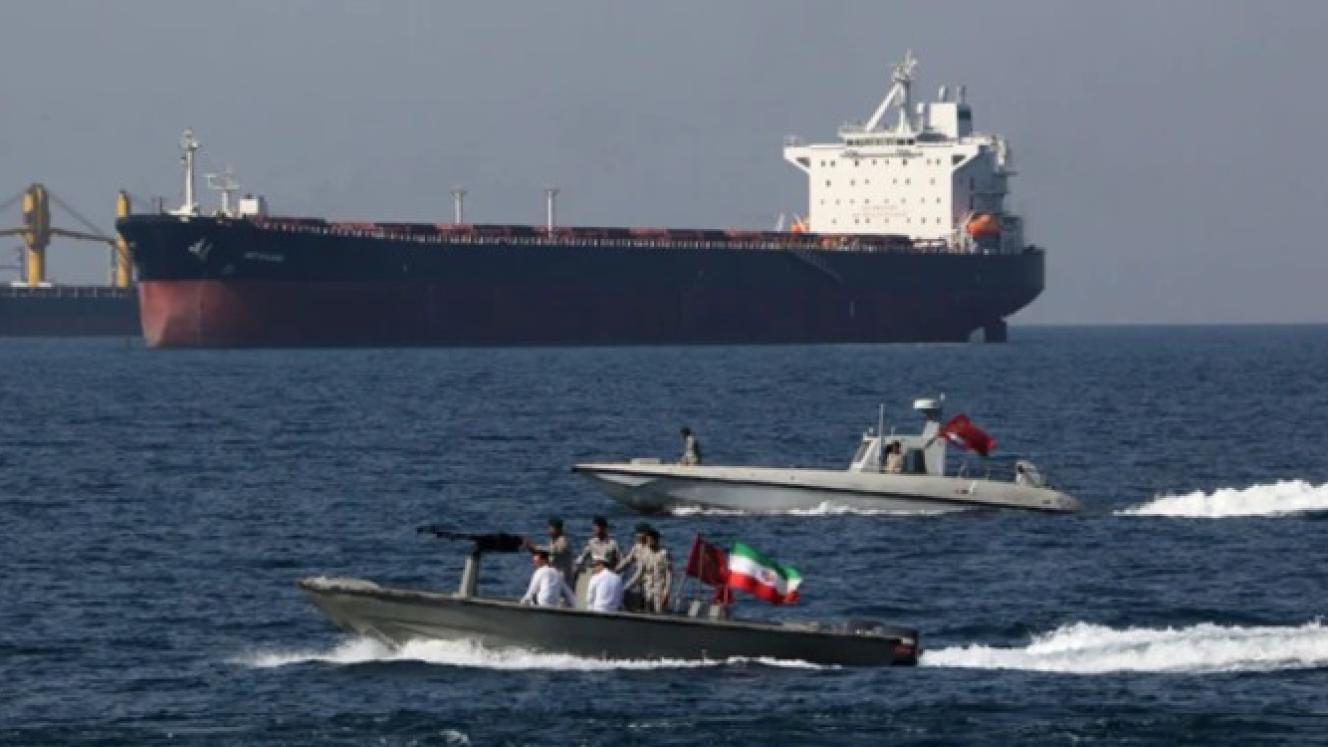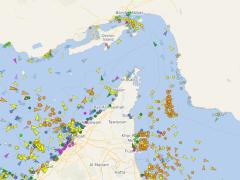Global shipping has seen a sharp increase in operational risk, with the number of containers lost at sea rising significantly in 2024.
According to new data from the World Shipping Council (WSC) and the South African Maritime Safety Authority (Samsa), a growing number of vessels rerouting around the Cape of Good Hope (CoGH) – rather than transiting the troubled Red Sea – has led to a surge in losses.
Geopolitical instability in the Red Sea, particularly due to continued attacks by Houthi rebels, has compelled hundreds of Asia-Europe container ships to avoid the Suez Canal.
Instead, they are taking the longer and more perilous route around Africa’s southern tip.
This shift has increased traffic around the CoGH by nearly 200% in 2024, exposing vessels to notoriously stormy seas.
The WSC’s latest Containers Lost at Sea report reveals that 576 containers were lost globally in 2024, more than doubling the 221 reported in 2023.
Of these, approximately 200 containers were lost in Cape waters alone – representing more than a third of the total. While the figure remains below the ten-year average of 1 274, it marks a concerning upward trend.
Historical data also highlights spikes in container losses in 2013 and 2020, years marked by similarly extreme weather and route disruption. The WSC’s three-year moving average now points to fluctuating but elevated loss rates.
Maritime authorities have long identified the CoGH as one of the world’s most hazardous sea routes. Its turbulent waters, strong winds, and unpredictable currents pose a greater threat to container stability than more sheltered corridors like the Suez Canal.
As shipping lines continue to favour this alternative route, the geography itself has become a key contributor to rising operational risks – especially as vessels attempt to maintain tight delivery schedules through volatile weather conditions.
The WSC emphasises that while container loss figures remain low relative to the more than 250 million containers moved annually, the risk to cargo, crew, and environmental safety cannot be ignored.
In response, the industry is preparing for new mandatory reporting rules on lost containers, set to take effect in 2026 under the International Maritime Organization.
Enhanced cargo stowage practices and screening protocols are also being adopted to reduce the likelihood of future incidents.
"Container losses may be rare, but every one is costly – both financially and environmentally," the WSC said in a statement.
"As trade routes shift in response to global tensions, the industry must adapt to ensure safety is not compromised." – Shipping analyst, Alexandrous Itimoudis, Container News & World Shipping.













